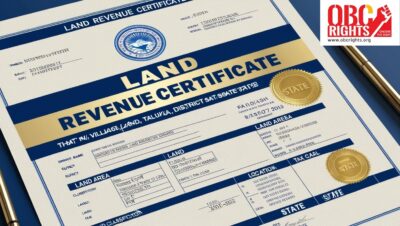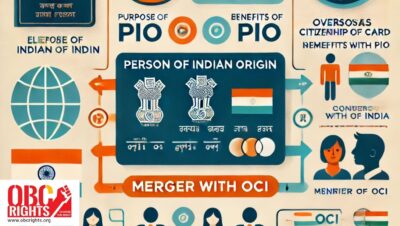A Land Revenue Certificate is an official document issued by the revenue department of a State authority in India. It serves as proof of land ownership, tax payment, and other land-related records. It is often required for various legal, administrative, and financial purposes.
Key Details About the Land Revenue Certificate:
1. Purpose of the Certificate:
- To confirm land ownership or tenancy.
- To show that land revenue (property taxes) has been paid up to date.
- Serve as a record of land classification and use, such as agricultural, residential, or commercial purposes.
- To facilitate property transfers, sales, and inheritance.
- To apply for government subsidies, loans, or schemes related to land.
2. Who Issues It?
- The certificate is issued by the Tahsildar, or Head Quarter District Tasildhar, or a similar authority in the respective state.
- In urban areas, the local municipal authority may issue property-related revenue certificates.
3. Key Information on the Certificate:
- Owner’s name or occupant’s details.
- Details of the land parcel, including:
- Survey number or plot number.
- Size of the land / Area.
- Location of the property (village, taluka, district, state).
- Revenue details, such as:
- Taxes or levies paid.
- Any outstanding dues.
- Classification of the land (e.g., agricultural or non-agricultural).
- Date of issue and seal of the issuing authority.
4. Application Process:
- Online: Many state governments have online portals where applicants can apply for land revenue certificates. These portals may require registration, uploading necessary documents, and paying fees online.
- Offline: Applicants can visit the local Tahsildar’s office or the concerned revenue office to apply.
5. Documents Required:
- Proof of identity (e.g., Aadhaar Card, Voter ID, Passport).
- Proof of land ownership or occupancy (e.g., sale deed, lease agreement, or inheritance document).
- Property tax receipts or payment records.
- Any prior land-related certificates or records, if applicable.
- Application form (available online or at the revenue office).
6. Use Cases of a Land Revenue Certificate:
- Property Transfers: Essential for sale, purchase, or inheritance of land.
- Loan Applications: Often required as collateral for loans, especially agricultural loans.
- Subsidy Applications: Necessary for availing benefits under government agricultural or housing schemes.
- Legal Disputes: Used as evidence in property-related legal cases.
- Conversion of Land Use: Required to change land classification from agricultural to residential or commercial.
7. State-Specific Variations:
- The format and procedure for obtaining the certificate vary from state to state.
- Some states may call it a “Land Tax Receipt” or a similar name.
- Processing time and fees also differ across states.
8. Common Challenges:
- Missing or incomplete land records may delay the process.
- Errors in land details require rectification through additional documentation or legal intervention.
Lits Official Website in India: https://eservices.tn.gov.in/eservicesnew/index.html



